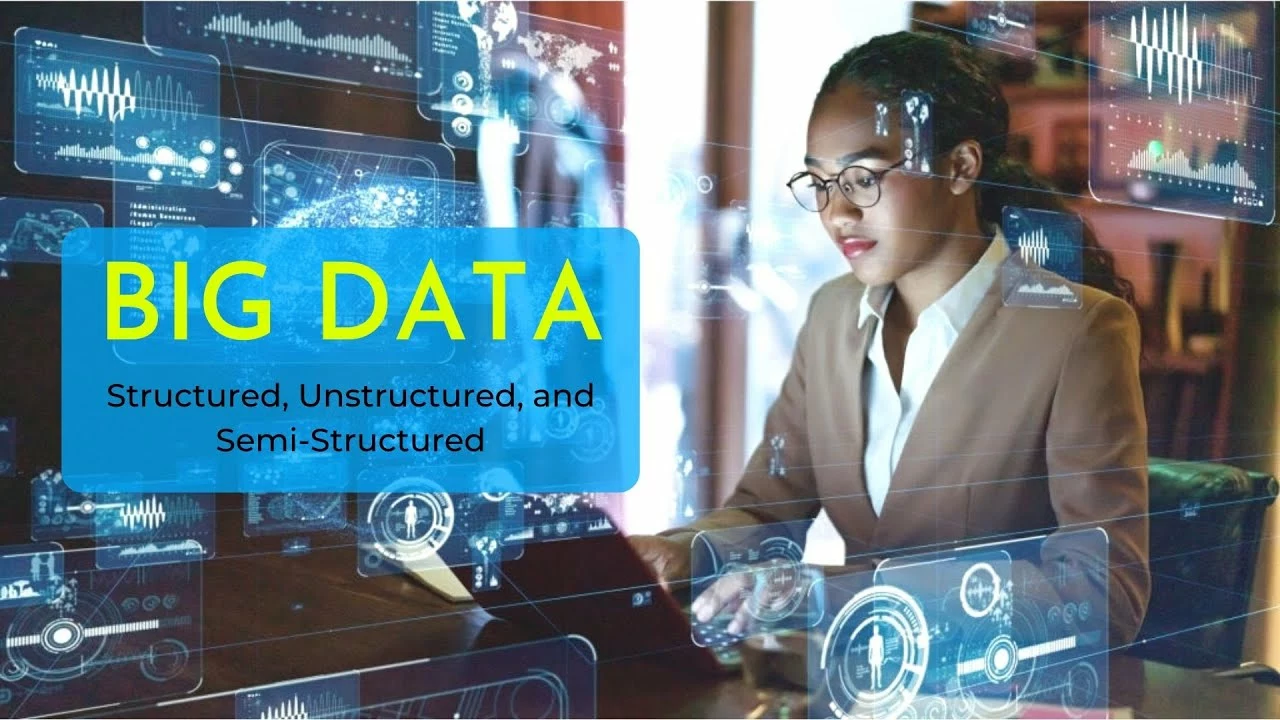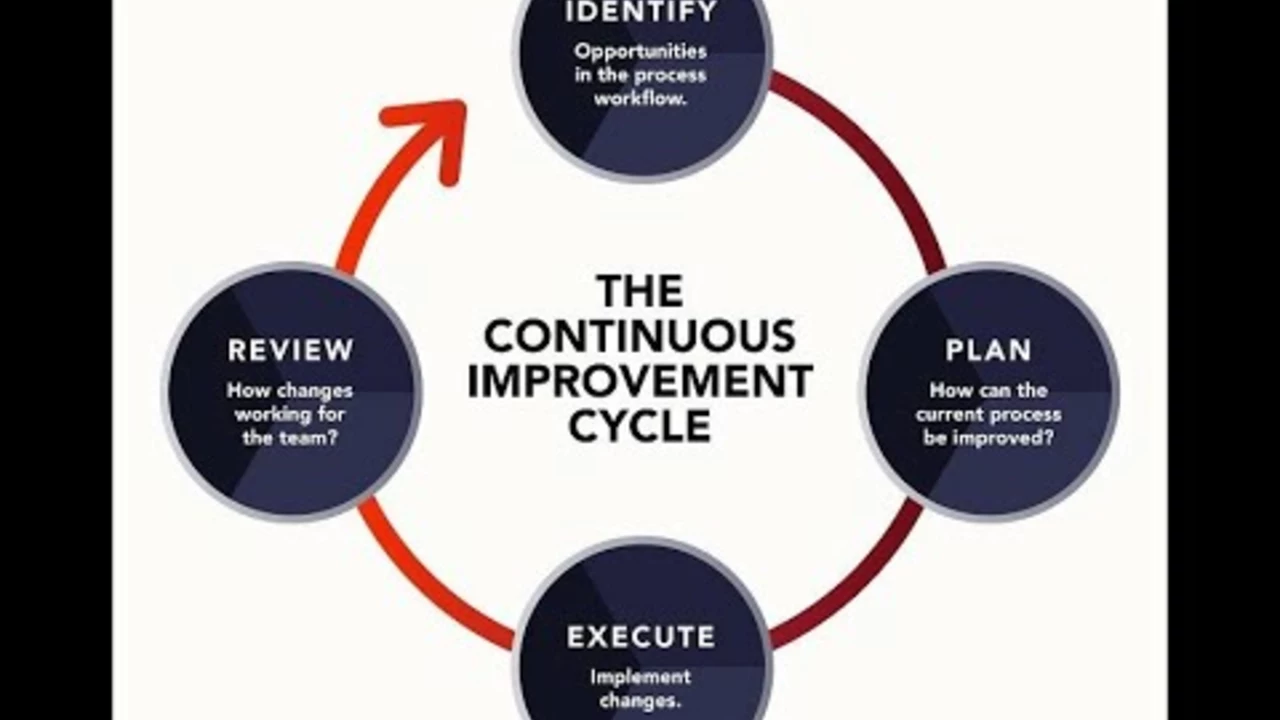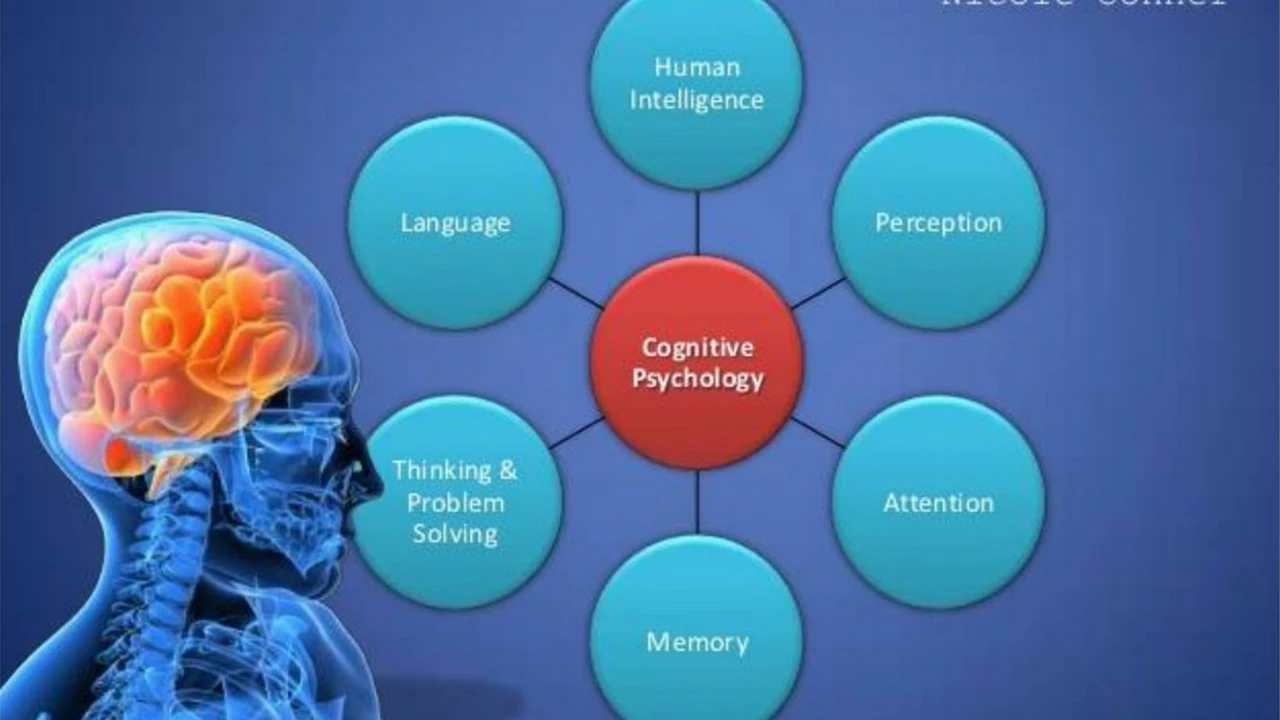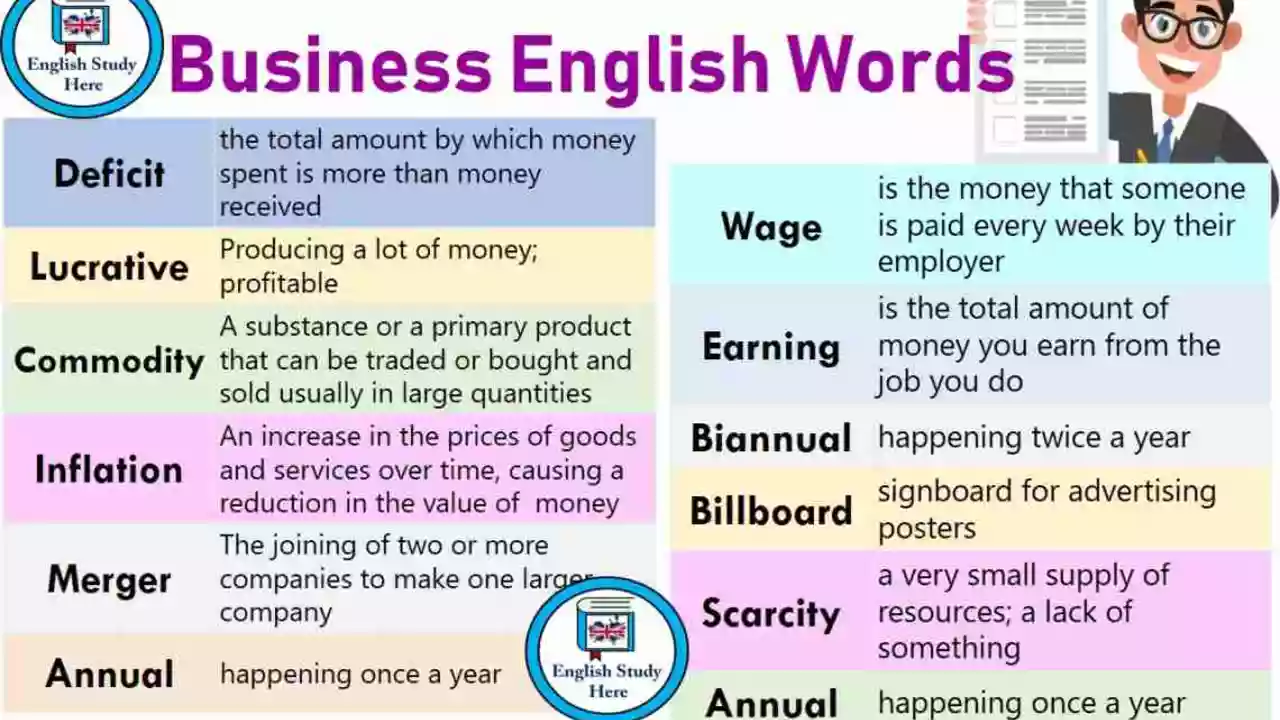PHP Developers' Hub

Are there any career opportunities in quantum computing?
Well hello there, my wonderful readers! Imagine a career where you get to play with Schrodinger's cat and Einstein's theories, all while earning a healthy salary. Yes, you guessed it right, we're talking about quantum computing! This field is absolutely brimming with opportunities, from quantum algorithm specialists to quantum hardware designers - it's like a tech carnival! So, if you're thinking about a career change or just starting out, why not take a quantum leap?

Is the MIT Technology Review peer reviewed?
Oh, you tech-savvy kittens, let's dive into a fun fact check! Is the MIT Technology Review peer reviewed? Drum roll, please... Nope! Despite its scholarly sounding name, it's not peer reviewed. But don't let that get your wires crossed! It's still a fantastic source for all things tech-related, serving up juicy nuggets of information. It's like getting the gossip from the tech world, without the nerdy jargon! So, even though it might not have that fancy peer-reviewed stamp, it's still a tech lover's dream!

Is information technology (IT) a hard major?
From my perspective, labeling information technology (IT) as a "hard" major may not be entirely accurate. Much like any other field of study, the difficulty level heavily depends on an individual's interest, passion, and dedication towards it. IT does entail understanding complex concepts and a consistent learning process due to its ever-evolving nature. However, with the right mindset and commitment, it can be intriguing and rewarding. Ultimately, the complexity of IT as a major is subjective and varies from person to person.

Why technology is important in business?
In today's fast-paced world, technology is vital in business because it provides a variety of tools that can simplify complex tasks and improve efficiency. It allows businesses to reach their customers more effectively, while also providing tools for data analysis and decision making. Not to mention, technology helps in maintaining business continuity through digital platforms. Overall, technology is the backbone that supports business growth and innovation in this digital age.

What are some synonyms of the idiom 'connect the dots'?
In my latest blog post, I've explored various synonyms for the idiom 'connect the dots'. This phrase, commonly used to refer to understanding a situation by seeing the bigger picture or linking the relevant information, has several alternatives. These include 'putting two and two together', 'seeing the big picture', 'piecing together', and 'drawing a conclusion'. It's fascinating to see how language offers a myriad of ways to express the same concept. Be sure to check out the post for a more in-depth look at each synonym and their unique nuances!

What is the best technology to start a career?
In today's rapidly evolving world, choosing the best technology to start a career can be a daunting task. In my opinion, focusing on artificial intelligence and machine learning technologies is a smart move, as they continue to revolutionize various industries. Moreover, gaining expertise in programming languages, such as Python, can open up countless opportunities in the tech world. Additionally, diving into the world of cybersecurity is another lucrative option, as the demand for professionals in this field is ever-increasing. Ultimately, it's crucial to select a technology that aligns with your interests and passion, as this will keep you motivated and driven to excel in your career.